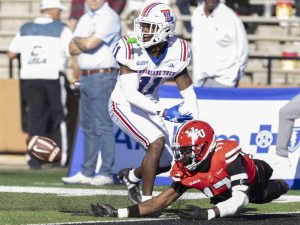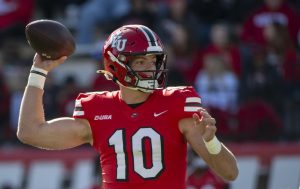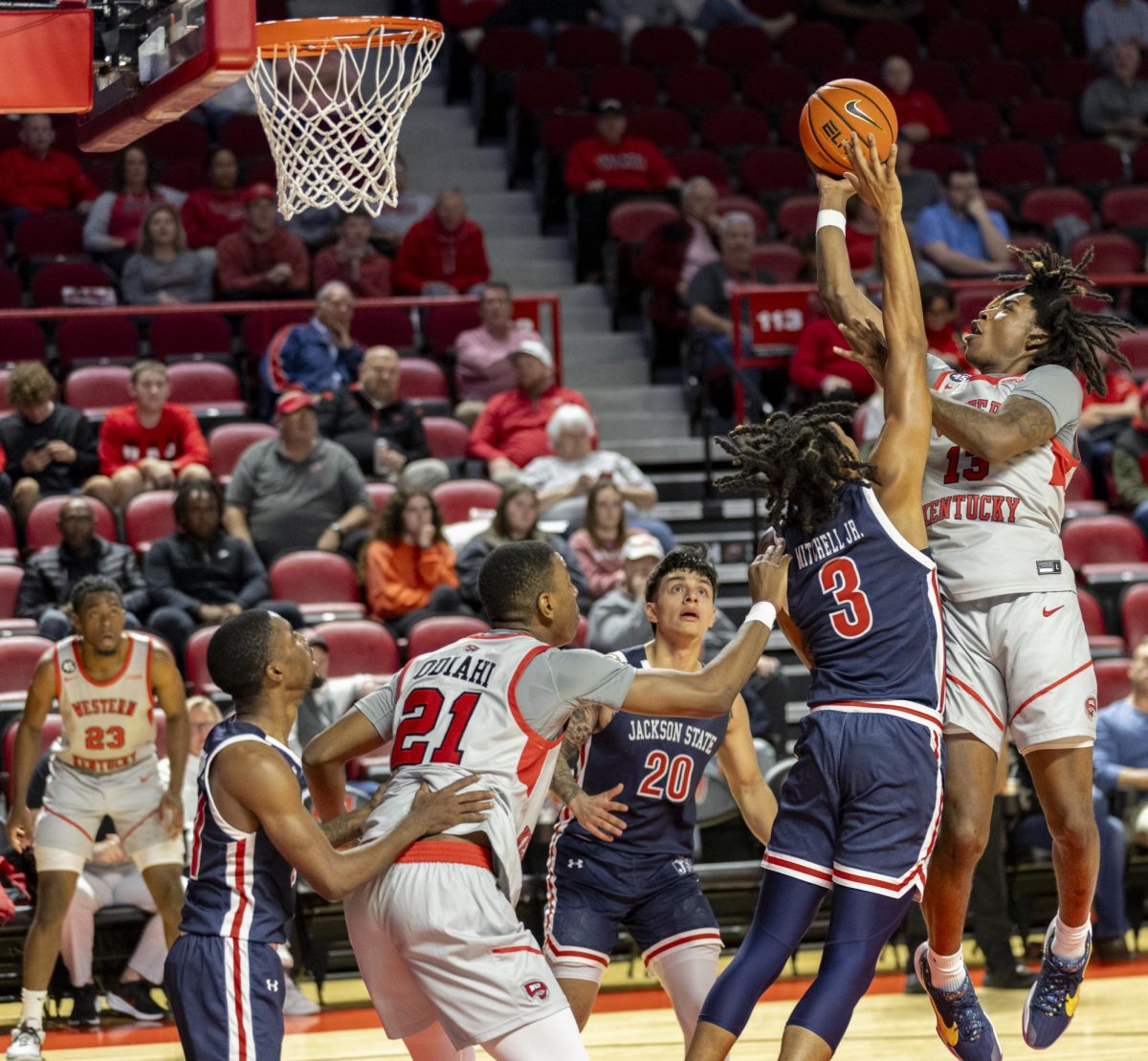The Remote: “The Big Bang Theory” is Disney Channel for grown-ups
September 16, 2013
There’s always an awkward pause in conversations I have with people about TV.
People ask me what I watch and what I think they should watch.
And then I’m inevitably asked if I watch “The Big Bang Theory.”
I’ll go ahead and come clean: I don’t.
I’ve always tried to stay away because I knew that I probably wouldn’t like it.
Rather than making myself watch something I thought I’d dislike, I just ignored it.
But now that I’ve had some extended interaction with it, I’m certain of one thing.
I REALLY don’t like it.
But I understand why other people do.
It’s simplistic in its plots and straightforward in its delivery.
For a show about a group of geniuses, it’s surprisingly uncomplicated.
“The Big Bang Theory” is essentially a Disney Channel program for grown-ups.
And that’s what drove me crazy: “The Big Bang Theory” features some of the smartest characters on television, but at its core, it’s ultimately unsophisticated.
In the episodes that I watched, this meant mostly poop and sex jokes.
Don’t get me wrong — there’s nothing I love more than a good poop or sex joke.
“The Big Bang Theory” is so juvenile in its delivery, though.
There isn’t anything refined or insightful here — just broad, crass delivery, aided by a seemingly incessant laugh track.
I was also infuriated with the show’s treatment of women.
CBS has smartly expanded the show’s female cast over the past couple of years.
The show used to feature only one female character: Kaley Cuoco’s Penny, the blonde bimbo next door that can’t keep up with the boys.
More recently, however, “The Big Bang Theory” has added more women to its male-dominated cast. Melissa Rauch and Mayim Bialik became regulars in the show’s fourth season.
This is a good thing. It’s great seeing more women on TV, especially on boy’s club-type programs like “The Big Bang Theory.”
Even better is the fact that Rauch and Bialik’s characters are smart, successful professionals — more so than the show’s male characters.
The show’s attitude toward women is more regressive than the show’s humor.
On “The Big Bang Theory,” women are there to ruin the fun. They’re obstacles, and inferior to the men.
In one of the episodes I watched, Sheldon (Jim Parsons) gets in trouble for sexually harassing a female co-worker.
He says that because she’s a female, she’s a slave to her emotions.
So Sheldon meets with human resources representative, Mrs. Davis (Regina King), who he also sexually harasses.
Sheldon calls her a slave as well.
For those who don’t know, Regina King is a successful, talented black actress.
There are ways to make jokes about touchy topics. When done correctly, they can be funny.
However, this one wasn’t done correctly. It was tasteless and offensive, and worst of all, it wasn’t funny.
It didn’t help that the episode ended with Sheldon having to take an online seminar on sexual harassment, which he delegated to his (surprise!) female assistant, because Sheldon doesn’t have time for such nonsense.
So now I’ve experienced “The Big Bang Theory,” and I hate it.
But just because I hate it doesn’t mean other people can’t love it.
And other people obviously do.
“The Big Bang Theory” is nominated for four major Emmys this year.
And Deadline.com reports that it averaged 18.6 million viewers during its sixth season.
As far as I’m concerned though, I will never be one of them.
When people ask me from now on if I watch “The Big Bang Theory,” I’ll have a definitive answer.
And that answer is a resounding “no.”











